
How do I subpoena a police report?
Berks County, Car Accident, Civil LawWhen you are trying to get ahold of a police report after a car accident, an assault, a neighbor dispute or for any other reason, you may find that the process is very confusing. Police departments do not always produce their reports upon request,…

Victory for Attorney Eric Winter
Berks County, UpdatesYesterday in Lebanon County Attorney Eric Winter won a jury trial on an assault case on behalf of one of our clients. The case had lingered for nearly a year before the jury trial occurred and involved claims of domestic violence between a girlfriend…
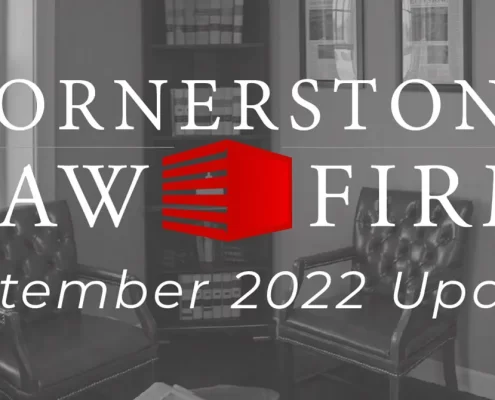
September 2022 Update
Berks County, UpdatesThis month Cornerstone Law Firm has added two new lawyers to our team. Craig Browne joins our firm to assist in general litigation, contract drafting, document review and more. Attorney Browne’s background includes substantial writing, motions…
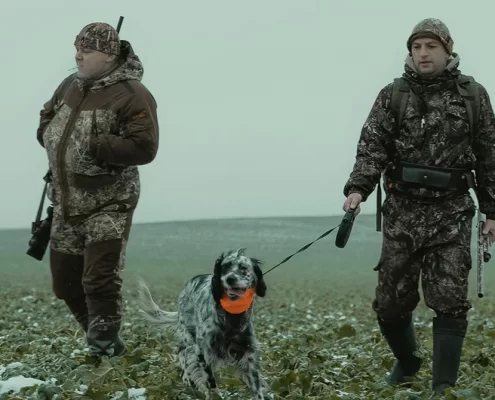
Hunting Offenses in Pennsylvania
Berks County, Hunting & Game LawHere are the key takeaways from this article:
Your hunting privileges can be revoked for any hunting offense. Game Wardens and Judges do not have to tell you in advance about the revocation.
If you are charged with a summary 1, 2 or…
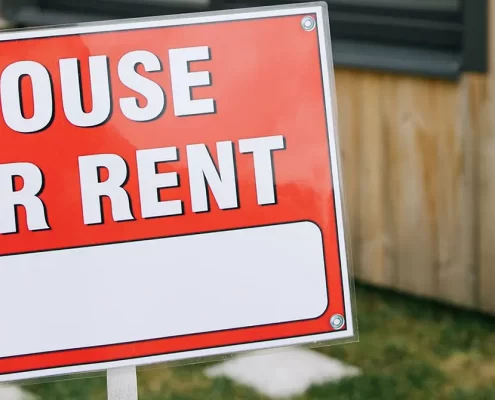
Legal Things to Know Before Investing in Rental Properties
Berks County, Landlord/Tenant, PropertyWith the rise of the DIY movement and the expansion of the mobile workforce in the U.S., investors are clambering to purchase rental properties. Whether they are rehabbing and flipping properties or buying them and turning them into rentals,…
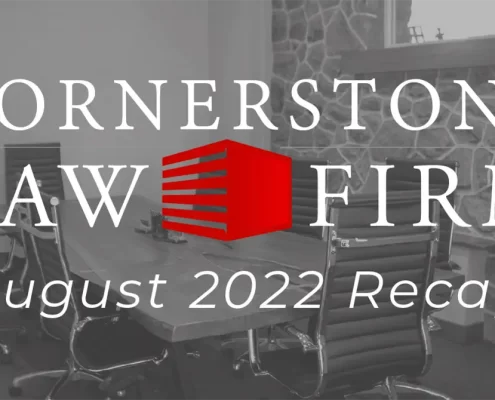
August 2022 Review
Berks County, Business Law, Criminal Law, Divorce, Family Law, Landlord/Tenant, Personal Injury, UpdatesThis month the attorneys at Cornerstone Law Firm have been busy with:
landlord/tenant actions all over the state
personal injury cases that are settling and going to court
insurance disputes
contractor fights
a trade secrets…

When a Contractor Doesn’t Finish the Job
Berks County, Construction, Contracts, PropertyCornerstone Law Firm offered a legal tip to Redfin on how to handle things when a contractor doesn't finish a home renovation project.
"If you find yourself in a situation where a contractor has not performed as agreed upon, you have legal…

Reading Real Estate Lawyer
Berks CountyWhen you need a lawyer in the Reading area who handles real estate there are a few things that you should consider. Berks County offers investors diverse real estate options that range from large farms to townhomes in downtown Reading. Here…

Can I legally fly a drone in Pennsylvania?
Berks CountyWith the rise of inexpensive drones (or Unmanned Aircraft Systems, known as UAS), the number of remote pilots is growing by the day. If you live in Pennsylvania, can you operate a drone legally? What drone regulations in Pennsylvania should…
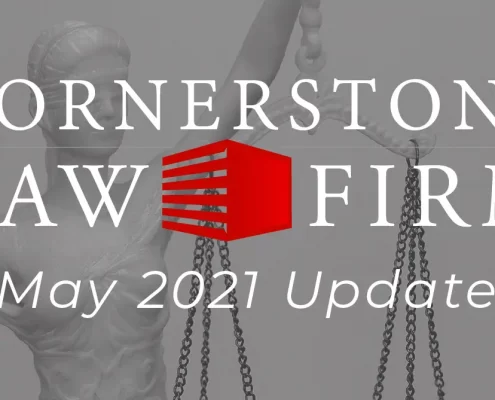
May 2021 Update
Berks County, Civil Law, Contracts, Litigation, Personal Injury, Property, UpdatesMay 2021 has been filled with trials and advanced litigation for the attorneys of Cornerstone Law Firm. On the civil side, attorney Joel Ready spent time litigating a partnership dispute in Lehigh County court, giving advice to several businesses…
